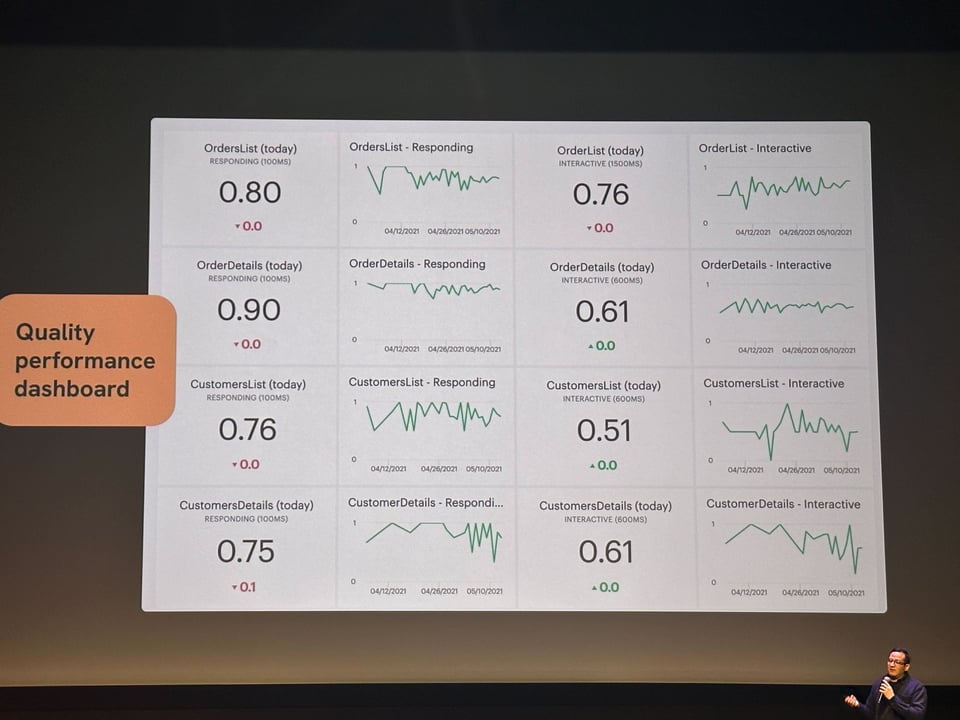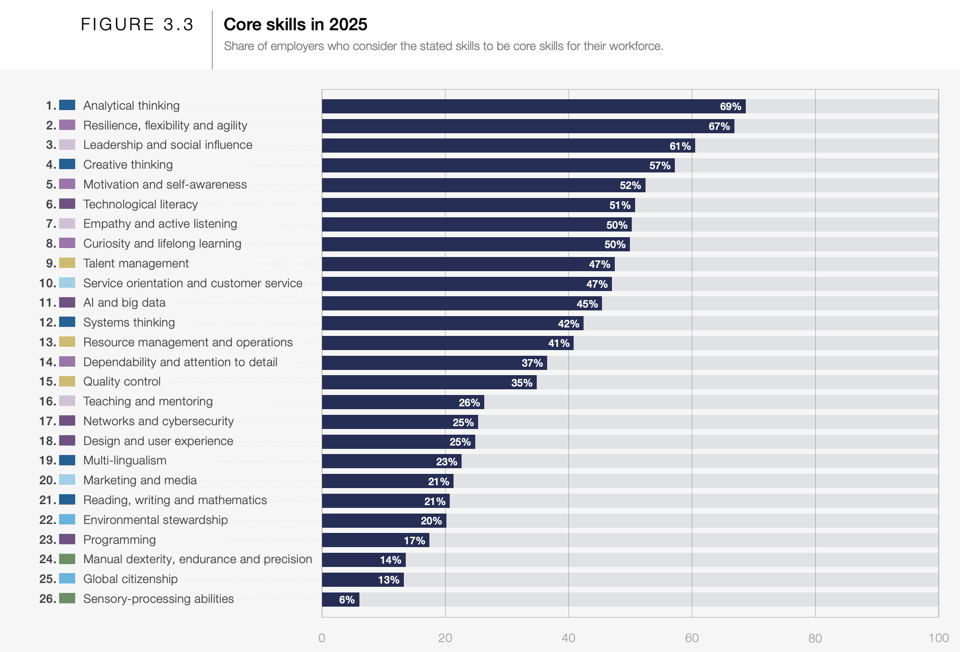[TMA] Quality >>> Craft | Reframe Your Mandate

This past week, I participated in the Design Leadership Summit in Toronto. It filled my head with many ideas. Here, I’ll share a couple of overarching takeaways.
Talk Quality and Performance, not Craft
Over the past year, I have seen more calls that design has lost its way with strategy, design thinking, and design systems, and we need a ‘return to craft.’
My 🌶️spicy take: I believe, for most folks, this focus on “craft” is unintended recognition that UX/Design is irrelevant as a means of driving foundational, strategic concerns within an organization. In accepting relegation to production and delivery, leaders turn to “craft” as something that these otherwise disempowered teams can control.
I say “for most folks” because I know there are some mature environments where the internal ecosystem of development supports, and even encourages, the kind of artisanal care that warrants craft, enabled by savvy leaders who believe it worthwhile, either as a competitive advantage, or just a source of justifiable pride.
But those are the exceptions.
I moderated a panel on craft, and I was intrigued by the resistance toward clearly and concretely defining quality, instead preferring ‘you know it when you see it.’ I didn’t press the issue (my job was to highlight the panelists, not argue with them), but this demurral made me uneasy, as it leaves too much to subjectivity, which is easily manipulated through power dynamics.
On the following day, Ricardo Vazquez essentially answered my concern with his talk on quality and performance. He showed how he connected the work of design to a granular understanding of measurable performance (at Shopify) or a principles-based appreciation of quality (at Dropbox).

Something that gets lost in the discussion of craft is that it is a means to an end. What ultimately matters is the impact of the work.
“Craft” is a concept that sounds deep, but lacks rigor and specificity, and thus serves as a smokescreen for those who don’t want to do the detailed operational work. Ricardo’s talk made evident the focused, specific effort it took at Shopify to identify not just any performance metrics, but worthwhile performance metrics that meaningfully connect to the user’s experience. And then at Dropbox, the creation of frameworks and scorecards that made evident how well the designs were satisfying their experience principles.
When other functions have clear standards of quality (e.g., engineering: uptime, performance, number of bugs) but UX/Design says, “you just know it when you see it,” we come across as unserious.
To the extent that a UX/Design team is interested in engaging with “craft,” I think it can be as an aspiration, and an indicator of overall organizational maturity—”How do I elevate the awareness and savvy of design in this organization such that craft can be a broad concern?” But that’s the last rung on a ladder that starts with performance, usability, accessibility, and other specific indicators of quality.
Reframe Your Mandate
The second day of the conference was less about leading design work, and more about leading yourself. And a theme that emerged from a few talks is that design leaders need to reconsider their relationship to ‘design,’ as it may be getting in the way of achieving their (and their team’s) potential.
Perhaps the pithiest statement came from Ryan Rumsey, who intoned, (and I paraphrase) “as a design leader, Design is your product, and the rest of your organization is your market.” With that framing, how do you ‘sell’ Design most effectively? How do you ‘position’ your product so that people understand what it can do for them? What is Design’s ‘brand’?
And Alison Gretz pointed out the potential that design leaders have to make an impact beyond their immediate role. She cited the World Economic Forum’s Future of Jobs Report, in particular this chart of skills:

And you’ll notice that “Design and user experience” is down at 18, but skills that design leaders possess (“analytical thinking,” “creative thinking,” “empathy and active listening,” etc) are up toward the top.
This dovetailed quite well in to Maggie Chen’s talk, where she showed how she shifted from principal product designer into principal product manager, and how, in her experience, the role wasn’t all that different (at one point she said she found “80%” overlap between design and product).
For many design leaders, they’re so deeply affiliated with the idea of DESIGN (having a design degree, an obsession with craft and practice) that the idea of being a not-designer causes stress and anxiety. If instead of dwelling on your identity as a designer, you shifted your focus on the impact you seek (improving people’s lives through better user, employee, life experiences), you may realize opportunities that hadn’t occurred to you.
-
👏👏👏 I don't think the industry wants to hear this. But I for myself, find this extremely on point, and something I haven't figured out how to actually handle in my career. Quality craft is an output not the outcome. But I keep running into the expectations that it is the outcome, and most certainly feel I've failed myself to show that, seeing as I'm hitting that wall again and again... 🤔 I think we need to rework, rethink, re-problematise our value propositions at individual and industry level. I keep thinking, I, we, need to turn around and use our skills to solve our own problems urgently. Like, put on our own oxygen masks and then only look at everything and everyone else again.

Add a comment: